
OR
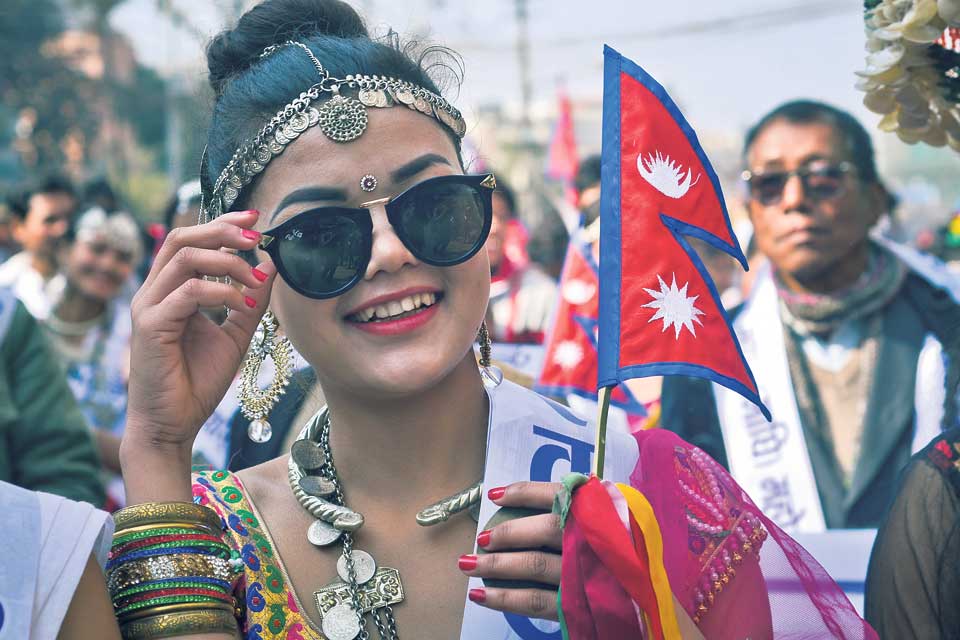
More from Author
Once a source of worries for Tharu girls, Maghi today symbolizes celebration, coming together of family and friends and assertion of Tharu identity.
Anita was nine years old when I first met her at Narti Hostel in Dang, along with other freed Kamlaris (bonded girl child laborers) as a part of Kamlari Practice Abolition Project (KAP). Most of the girls in the hostel had no families to go to. Anita was the youngest of them all. So they stayed at the hostel and studied at Shree Surya Binayak Lower Secondary School, which shared the hostel compound. I joined the KAP team in 2010 and since then, have met many girls like Anita, whose stories have touched me and helped me appreciate life.
I am reminded of these stories, even more, every time Maghi rolls around. This festival was always the highlight of our official annual calendar, mainly for two reasons. First, it was one of the biggest festivals for Tharu community on whom the project was focused and second, it was also the time when girls from this community were sent to work as Kamlaris and their annual (oral) contract was renewed. The latter was how I perceived Maghi throughout my stay.
Since I left Dhangadi in 2012, I have been invited back every year for Maghi. Last year, I decided to take up the invitation and headed for the Far-west. I reached the evening before Maghi and next morning I accompanied my friend to her village. When we reached the place, about an hour ride from Dhangadi, we were treated with some of the best delicacies and warm hospitality. One of the highlights of the trip for me was reuniting with my teammates from the region and reflecting on the project and work we did, which led to some interesting conversations around Maghi and the changes in lives of freed Kamlari girls and Tharus as a community.
Maghi marks New Year for Tharu community and the beginning of their annual calendar for their social affairs. Till date, decisions related to property, family separations, and land contracts are finalized on Maghi day. The significance of Maghi has evolved over the years for my colleagues who belonged to Tharu community. One of my colleagues shared how, when he was young, Maghi would bring constant fear in his family. He then used to work as a Kamaiya (male bonded laborer), and the family members would worry about whether or not Jamindaar (landlord) would renew their contract.
Times have changed
Times have changed now. They look at Maghi as a time for celebration, family and friends coming together and asserting Tharu identity.
The progress of girls who were part of our program is one topic we always touch upon whenever we meet. This time was no exception. My colleagues said that the number of girls being sent to work as Kamlaris is decreasing. According to the report by Nepal Youth Foundation, 12,869 girls out of 13,026 from Dang, Banke, Bardiya, Kailali and Kanchanpur have been rescued and 2,757 are pursuing their education. The availability of other employment opportunities seems to have broken the bondage.
The freed Kamlari girls are now working at different banks, hotels and hospitals. Some of them own shops in Dhangadi. Despite this, some fears still remain. The form of social interaction that has lasted in the region between Tharu community and Pahades (hill people) has always been lop-sided and this might also have the direct impact on their professional relationship, from payment to the kind of jobs offered and treatment at work. My former supervisor said the freed Kamlari girls, even though equally qualified as others, may not have the confidence to negotiate for salary rise or other benefits.
I met Sujata Bahini when she was president of Freed Kamlari Development Forum (FKDF) Kailali in 2011. She was young and very confident. Years later, she still has the same spirit and is as determined to bring the change. “I don’t like when they call us Kamlari girls. We are free now. The right word is freed Kamlari. Kamlari system will be abolished altogether one day. We don’t want to remain Kamlaris forever. We want to work in other sectors. But we still need to focus on Kamlari issue,” she said.
Sujata and Bishnu, the current president of FKDF Kailali, shared how they never imagined a life beyond Kamlari. They had seen this practice continuing for generations in their families. Maghi was a time every girl feared, recalled Bishnu.
She hated coming of Maghi when she was younger as every year she could be sent to work as Kamlari. And as Kamlari she would look forward to Maghi as it was the time of the year when she would be sent home to visit her family and her contract would be renewed.
New dawn
I learned from them that Maghi symbolizes the birth of a new sun for Tharu community. It is regarded as a new start. It holds true for both of these young women and many other girls who worked as Kamlaris. Maghi now symbolizes not fear, but immense optimism, celebrations and a new beginning. Whether they have managed to completely break away from the social and psychological bondage is a topic of another debate. But something different has definitely started. The girls are now hopeful of putting a stop to this form of injustice they faced from their community, and give life a second chance.
You May Like This

Millennial Money: A garden’s lessons for growing money
Soil, sun, water and seed: The ingredients of a garden are simple, but the final product is never guaranteed. Willing... Read More...

'No dispute over embracing 'sun' as election symbol after unification between UML, CPN (MC)'
KATHMANDU, April 17: CPN (UML) general secretary Ishwor Pokhrel has said the party and CPN (Maoist Center) which are in the... Read More...
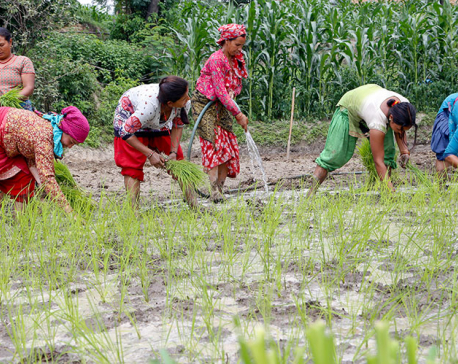
The sun effect
Solar radiation is one of the most important factors in predicting rice yields over a variety of locations ... Read More...

Just In
- Nepal Investment Summit (live)
- Ilam-2 and Bajhang 1(a) by-elections: Vote counting begins
- Nepal is a prime destination for international investment: FinMin Pun
- President Paudel issues ordinance related to facilitation of investment
- Hearing on Cricketer Lamichhane’s appeal today
- Clear Policies Set to Boost American Investment in Nepal: US Ambassador Thompson
- Second T-20 series: Nepal loses toss, set to go for fielding first
- Nepal Investment Summit 2024 and Victor Hugo Moments for Reforms







-1200x560-wm_20240427144118.jpg)




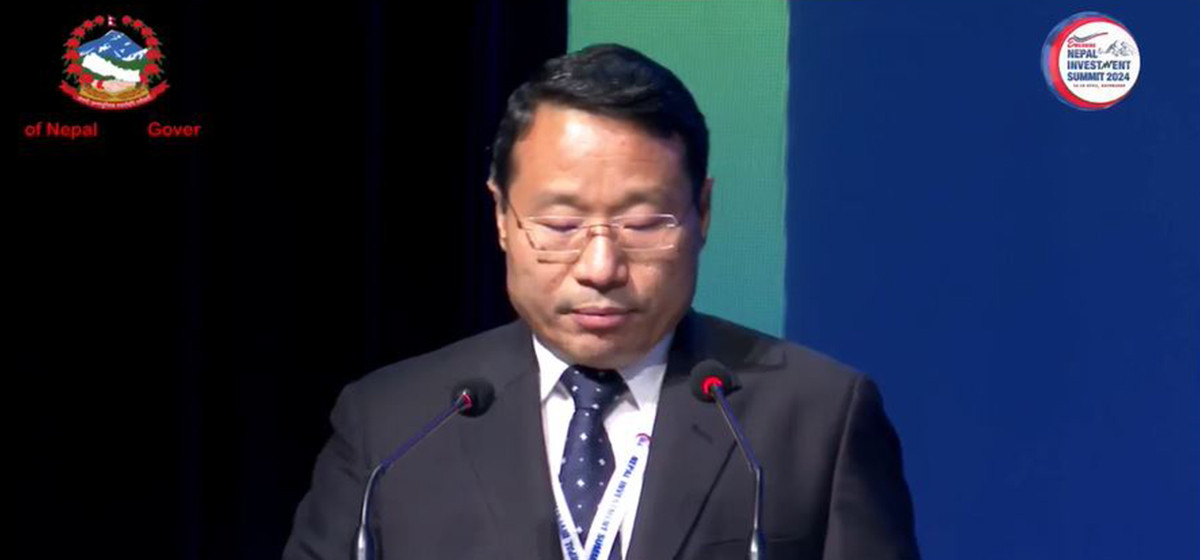
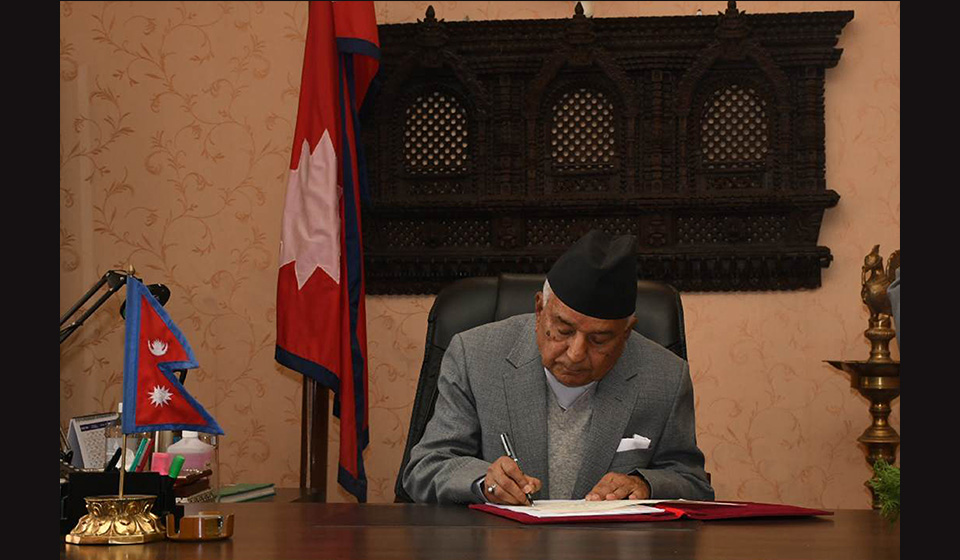
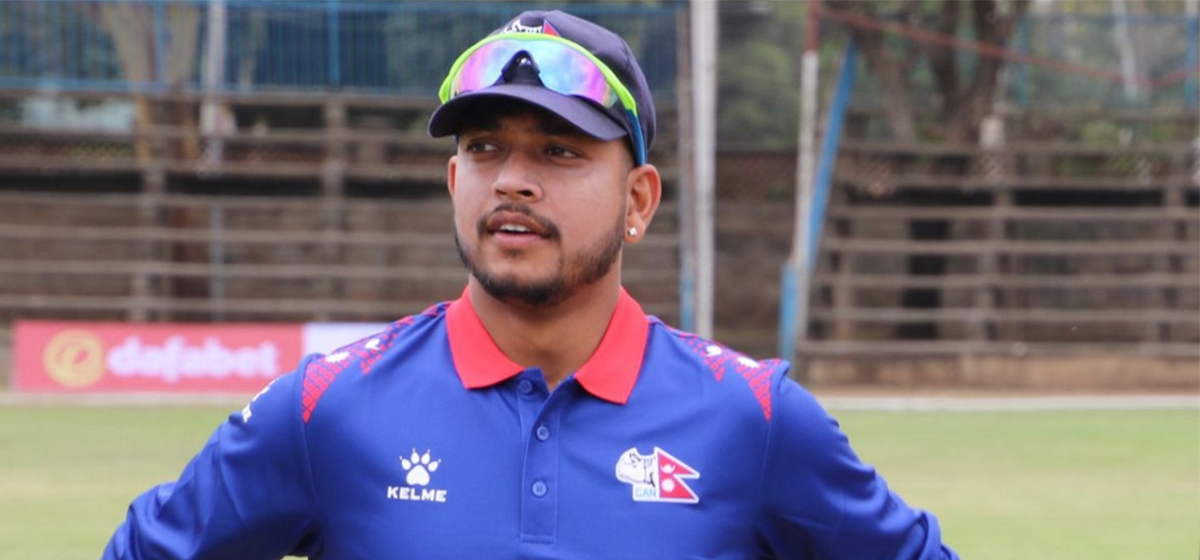
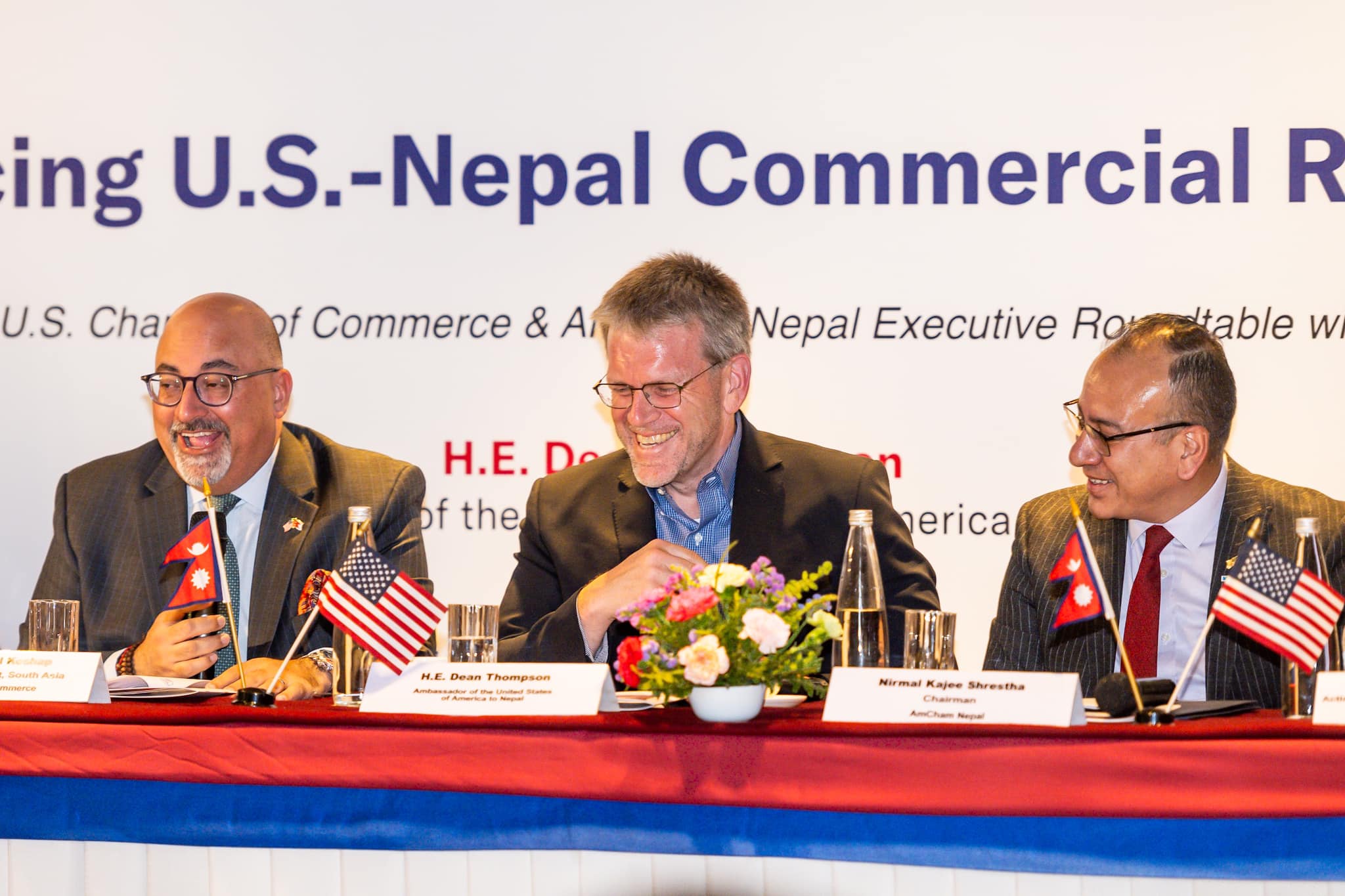
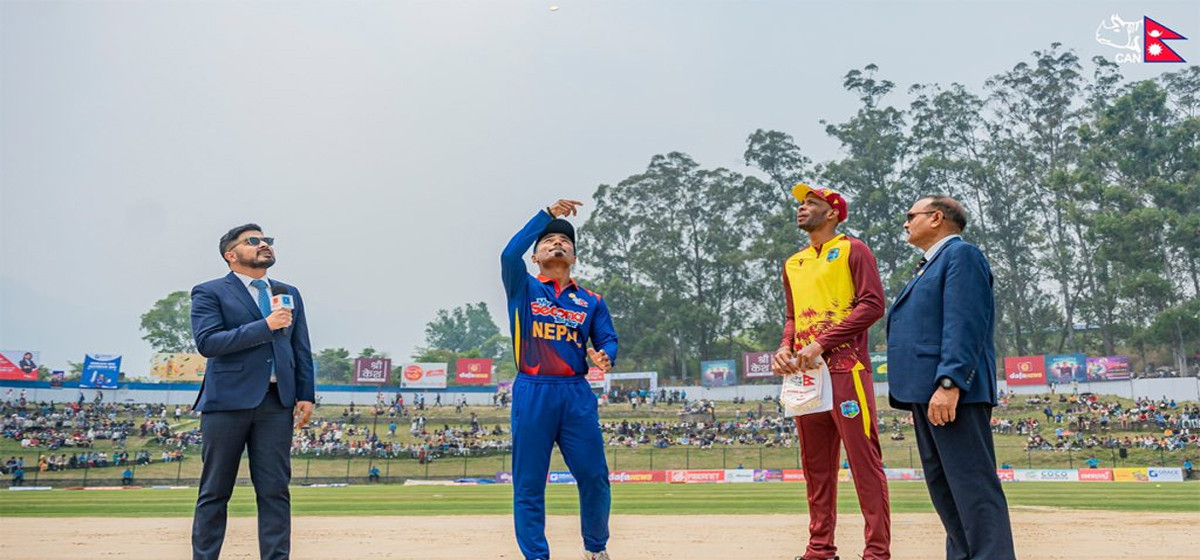

Leave A Comment